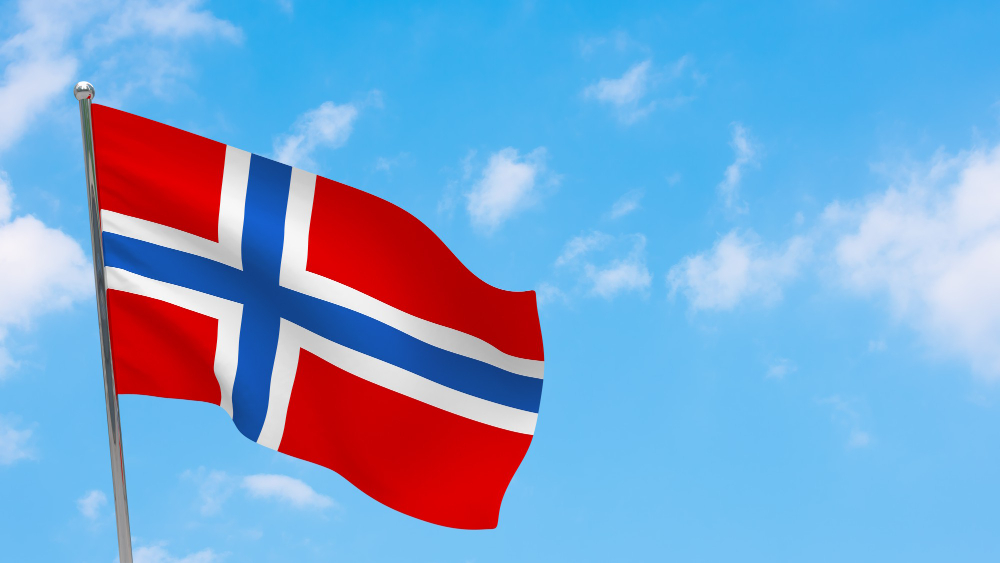Norway to Strengthen Language Requirements for Permanent Residency Applicants
Key Takeaways
- Norway's Justice Ministry plans to increase language requirements for applicants seeking permanent residency.
- Applicants will need to demonstrate proficiency at the A2 language level instead of A1, aiming to enhance their integration into Norwegian society.
- Non-EU/EEA nationals under temporary protection will also be subject to these new language requirements.
The Justice Ministry has proposed raising the language proficiency requirement for foreigners applying for permanent residence in Norway, from A1 to A2 level. This change is intended to foster better integration of applicants into Norwegian society.
Minister of Justice and Public Security, Emilie Enger Mehl, emphasized that setting language and cultural knowledge standards is crucial for ensuring integration. The proposed adjustments are part of broader efforts to maintain controlled immigration.
The proposal suggests that applicants for permanent residency must demonstrate a certain level of Norwegian language skills before being granted permanent status. Additionally, the requirements for Norwegian language proficiency and knowledge of Norwegian society will now be addressed under immigration regulations rather than integration policies.
The Justice Ministry also intends for non-EU/EEA nationals under temporary protection, seeking permanent residency, to meet the same language standards.
Tonje A. Falch-Nevand, an advisor at the Justice Ministry, clarified that migrant workers from non-EU/EEA countries and individuals on temporary protection who later apply for permanent residency will need to fulfill these language requirements.
The public consultation for the proposal will be open until February 18, 2025, after which it will be reviewed by higher authorities. This is part of the government's ongoing efforts to refine migration policies, which also include initiatives to support refugee employment and introduce restrictions for single parents over 60 seeking family reunification.

